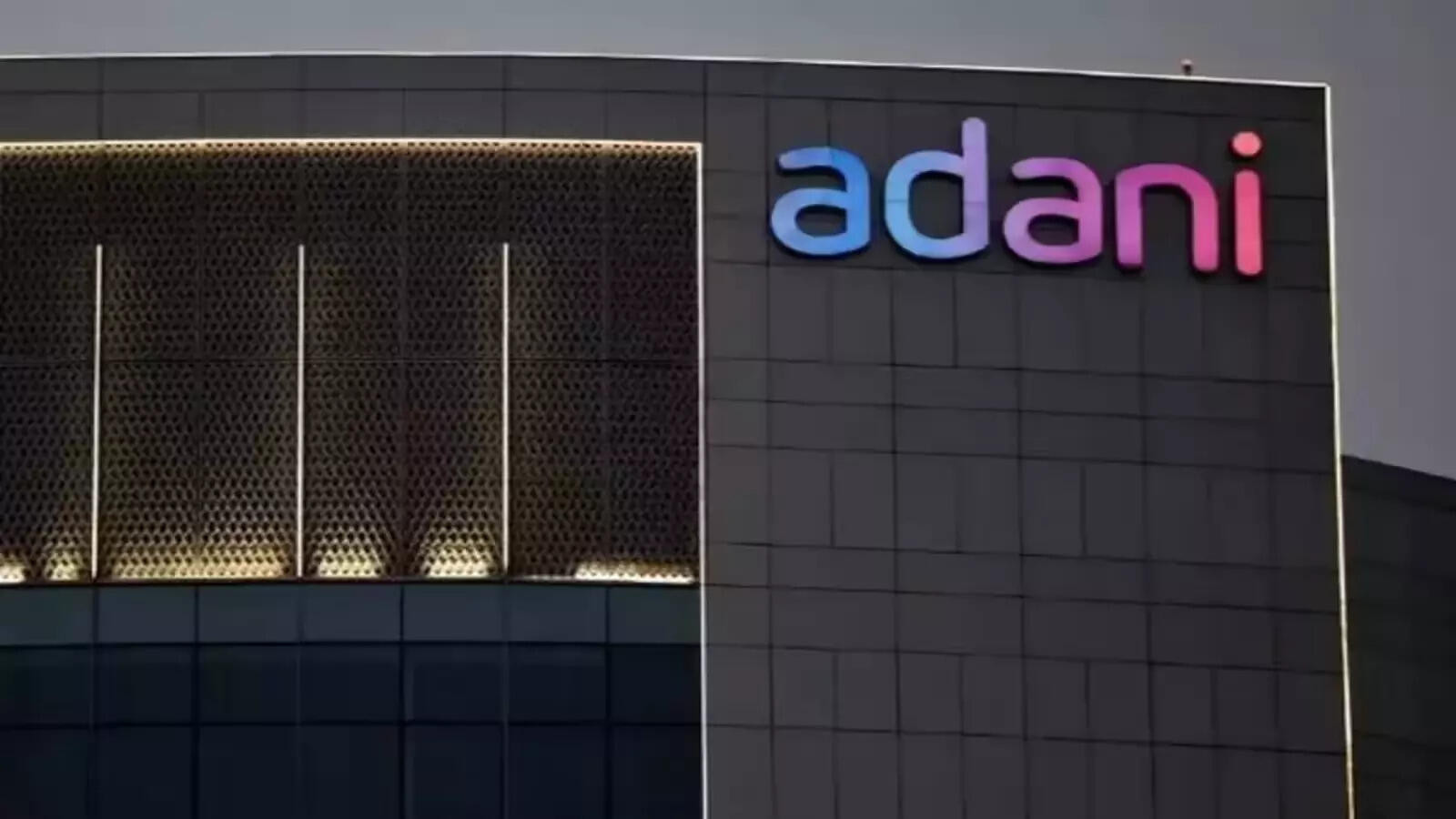Adani Group plans to invest nearly Rs 1 lakh crore in its airport business in India over the next five years, focusing on infrastructure and real estate development. The investment will primarily target Navi Mumbai Airport, Mumbai Airport, and expansions in Ahmedabad, Jaipur, Thiruvananthapuram, and Guwahati. The group aims to capitalize on India’s growth potential in the aviation sector.
India’s Skies the Limit: Adani’s Ambitious Airport Expansion Takes Flight
India’s aviation sector is poised for a massive shakeup, and the Adani Group is betting big on its future. Bucking any perceived headwinds, the conglomerate has just announced a colossal ₹96,000 crore (approximately $11.5 billion USD) investment earmarked for its airports business over the next five years. This isn’t just about keeping the lights on; it’s a full-throttle acceleration into modernizing infrastructure, enhancing passenger experiences, and solidifying Adani’s position as a key player in India’s burgeoning air travel landscape.
But what exactly does this massive investment entail, and what impact can we expect to see on the ground (and in the air)?
Upgrading Existing Infrastructure: A Foundation for Growth
A significant portion of the planned investment will go towards bolstering the existing infrastructure at the eight airports currently managed by Adani. These aren’t just minor cosmetic touch-ups; we’re talking about comprehensive upgrades. Expect to see expansions to terminal capacity, more efficient airside operations, and the integration of cutting-edge technologies designed to streamline everything from baggage handling to security checks. The goal is clear: to handle the anticipated surge in passenger traffic with grace and efficiency.
Think wider runways accommodating larger aircraft, increased check-in counters reducing wait times, and smarter navigation systems ensuring smoother takeoffs and landings. These are the building blocks of a world-class air travel experience, and Adani is seemingly committed to laying them.
Beyond the Runway: Enhancing the Passenger Experience
Modern air travel isn’t just about getting from point A to point B. It’s about the entire journey, and Adani appears to recognize that. The investment plan includes a strong focus on improving the overall passenger experience. This means creating more comfortable and aesthetically pleasing terminal environments.
Imagine spacious waiting areas, a wider array of dining and retail options, and more accessible amenities for travelers with disabilities. The company has also hinted at leveraging technology to personalize the travel experience, perhaps through advanced mobile apps that offer real-time flight updates, personalized recommendations, and seamless navigation through the airport.

Creating Jobs and Fueling Economic Growth
The economic impact of such a large-scale investment is far-reaching. Beyond the immediate boost to the construction and engineering sectors, this initiative is projected to create thousands of direct and indirect jobs. Airport expansions often act as catalysts for broader economic development, attracting new businesses, boosting tourism, and fostering trade. By improving connectivity and facilitating the movement of goods and people, Adani’s investment has the potential to unlock new economic opportunities across India.
Looking Ahead: Sustainable and Innovative Air Travel
While the immediate focus is on infrastructure and passenger experience, it’s reasonable to assume that Adani is also looking towards the future of sustainable air travel. Incorporating eco-friendly technologies, reducing carbon emissions, and embracing innovative solutions are no longer just aspirational goals; they are becoming essential for long-term success in the aviation industry.
Whether that translates into investments in renewable energy sources to power airport operations, the adoption of electric ground support equipment, or the implementation of smarter air traffic management systems remains to be seen. However, it is a safe bet to expect an increased focus in this sector for all major infrastructure players.
The Bottom Line: A Transformative Investment
Adani’s commitment of ₹96,000 crore represents a significant vote of confidence in the future of India’s aviation sector. The investment isn’t just about expanding airports; it’s about creating a more modern, efficient, and passenger-friendly air travel experience. By focusing on infrastructure upgrades, enhanced passenger amenities, and sustainable practices, Adani aims to solidify its position as a leader in the industry and contribute to India’s continued economic growth. This move aligns well with broader governmental strategies to improve national infrastructure, as detailed in this piece discussing [India’s Infrastructure Development Plan](related-content-url). The next five years promise to be a period of significant transformation for Indian airports, and Adani is clearly aiming to be at the forefront of that change.







